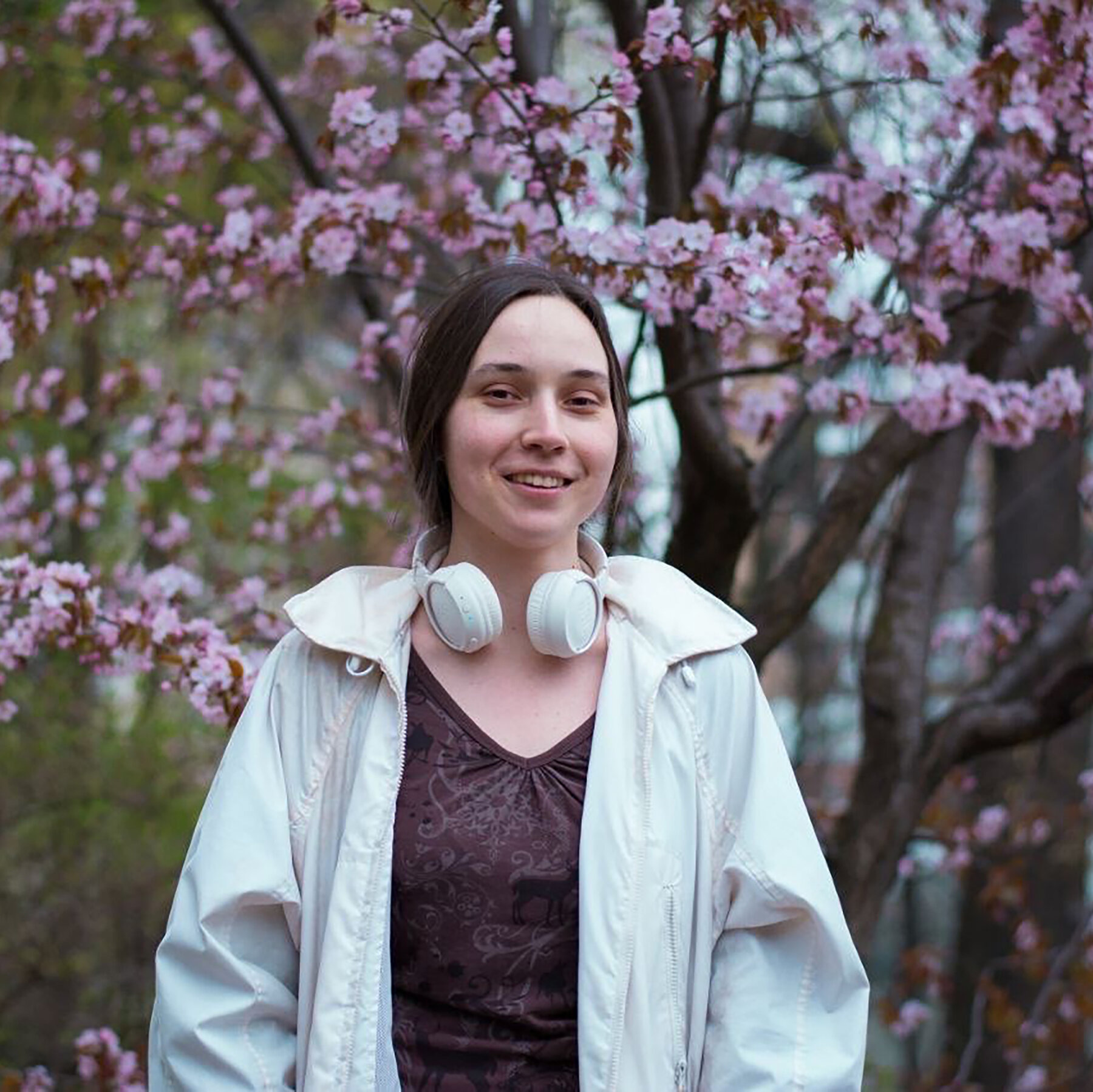- May 31, 2025
Harvard scientist is granted bail but remains in custody

Kseniia Petrova faces a federal smuggling charge in Massachusetts after she was stopped at the airport in Boston with frog embryos in her possession.
A federal judge granted bail Wednesday to Harvard scientist Kseniia Petrova, who has spent more than three months in custody after failing to declare frog embryos upon arriving in the United States.
U.S. District Judge Christina Reiss in Vermont said that Petrova’s continued detention by immigration authorities was unjustified and that it raised serious legal concerns about the government’s actions.
While the decision is a significant development in the case, it will not result in her imminent release. The government has until Friday to propose terms of her release, according to the ruling. Petrova also faces a federal smuggling charge in Massachusetts, where she was stopped at Boston Logan International Airport on her way back from Paris. She remains in U.S. marshals’ custody and cannot be freed unless the District of Massachusetts also authorizes her release in the criminal case.
In granting Petrova’s release from immigration detention, Reiss questioned whether immigration officers had the authority to revoke Petrova’s visa over a customs issue and said Petrova had been held too long without court review. The judge found that Petrova posed no danger and that any flight risk could be managed with conditions proposed by the government.
Petrova’s attorney said he would update the court after hearing from the marshals, but no bail hearing date was discussed during Wednesday’s proceeding.
The Russian-born scientist was stopped at Logan airport in February with undeclared frog embryo samples. Her J-1 visa was revoked, triggering removal proceedings. She was later criminally charged and transferred from ICE to federal custody.
Her attorneys argue the visa cancellation was unlawful.
“The Immigration and Nationality Act does not contain a provision that makes one inadmissible for committing a customs violation,” said Gregory Romanovsky, Petrova’s attorney. He called the government’s actions a product of “unlawful conduct by CBP” and said her repeated requests for parole were denied without proper justification.
Reiss said Petrova could update her petition to reflect the new criminal charge and changes in her case. She expressed concern that the way the government handled Petrova’s case may have left her without a fair chance to challenge what was happening to her.
“It was the government that revoked her visa,” Reiss said. “And it’s essentially saying, ‘We revoked your visa, now you have no documentation, and now we’re going to place you in removal proceedings.’”
The court heard from multiple witnesses who talked about Petrova’s scientific contributions and personal character.
Dr. Michael West, a pioneer in regenerative medicine, testified that the frog samples were chemically treated, inert and nonhazardous. He said they posed “no threat to anybody” and had “no commercial value.” West told the court he had verified the preparation method with collaborators in France.
Colleagues from Harvard described Petrova as kind, conscientious and devoted to her work. “She is abundantly kind,” said Cora Anderson, a research assistant who worked closely with Petrova. Marc Kirschner, a professor who leads the lab where Petrova works, said she played a critical role in developing computational tools for microscopy.
Government lawyers said that officials do not currently intend to rearrest Petrova if she is released from federal custody, and the judge said she would rely on them to hold themselves to that. Petrova’s attorney warned that the Department of Homeland Security may move quickly to re-detain her under an immigration hold. Reiss emphasized the need for judicial oversight.
As the hearing concluded, Reiss said the case regarding her immigration detention would remain in Vermont. Both sides are expected to continue debating the legal questions surrounding her detention, even as the terms of her release are finalized and criminal proceedings unfold in Massachusetts.

